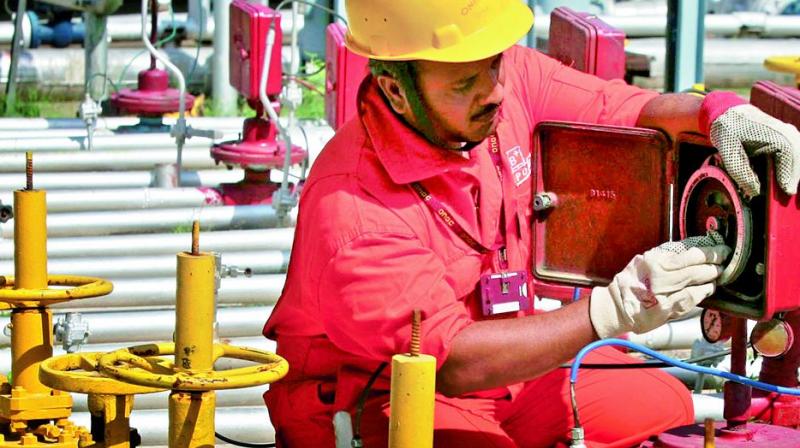Gas distributors to lose monopoly in 34 cities

New Delhi: The government will introduce rules in six months that could lead to the phase-out of monopolies controlled by natural gas distribution companies in 34 cities, including New Delhi and Mumbai, allowing consumers to choose a new supplier, a senior regulatory official said.
In 2009, the Petroleum and Natural Gas Regulatory Board (PNGRB) gave exclusive gas marketing rights, initially for five years, to companies who had established gas distribution networks in cities across the country as a way to recover their costs along with exclusive rights to use the networks for 25 years.
However, the regulator will open the marketing business to competition, said Satpal Garg, a PNGRB board member who is in control of its commercial and monitoring responsibilities.
"These companies have more than recovered their costs as indicated by their profitability and market cap," he said.
The rules will be ready in three months, and implementation would take another three months as the regulator will first seek feedback from companies and the public, he said.
The move could affect the business of GAIL (India) Ltd, the biggest gas distributor in the country.
GAIL has direct or indirect control of many of the single-city distributors, such as Mahanagar Gas Ltd in Mumbai and Indraprastha Gas Ltd in New Delhi. They could now face new competition.
Gujarat Gas Ltd may also have rivals moving into the 11 cities in which it distributes gas, including Jamnagar, Ahmedabad, Hazira, Surat and Rajkot in Gujarat.
Some cities awarded to Indian Oil and Adani Gas Ltd would also be open to new distributors, under the new provisions.
No immediate comment was available from the five companies.
The PNGRB recently awarded over 130 city gas projects and is hoping that those will involve new investment of Rs 1.2 lakh crore ($17.50 billion).
Notable winners include GAIL, Adani, Indian Oil, Bharat Petroleum Corp and Hindustan Petroleum Corp Ltd.
The companies will provide piped gas to an additional 22.1 million domestic customers, build 4,600 fuel stations and increase the size of the pipeline network by two-thirds.
At the end of March 2019, India daily supplied about 21.1 million cubic metres of gas to about 5 million households, 35,000 commercial and industrial clients and for vehicles through 1,700 fuel stations, Garg said.
The country plans to raise the share of natural gas in the overall energy mix to 15 per cent by 2030 from the current 6.2 per cent and connect 10 million households with piped gas by 2020.
Garg said that by opening up the existing markets, the government hopes to attract foreign investment into the industry.
The board is also formulating guidelines to allow new participants in the city-gas markets to pay a fee for using the spare pipeline capacity of the existing distributors, he said.
— Reuters

